Over 50+ Destinations
4WD Safari Vehicles
Park Safari Permits
Affordable Tour Deals
Our Tanzania safari holidays are the perfect example of an African safari –you get to experience both the Big 5 Game viewing, the planet’s most impressive natural spectacles, with a plentiful of wildlife roaming the plains of the Serengeti and the marvel of the Ngorongoro Crater, not forgetting the Mount Kilimanjaro; the largest free-standing mountain in the world.
On top of that you experience the famous reserves, which are home to an array of wonderful off-the-beaten-track destinations such as Ruaha and Nyerere, all these offer a genuine wilderness experience and a rich array of wildlife.
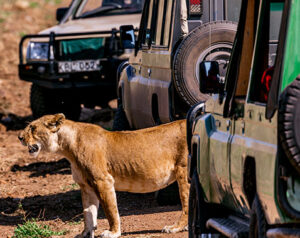
You can choose between safari holidays of the popular Northern Circuit, covering the Serengeti wilderness, Ngorongoro Crater Conservation area and Tarangire and Lake Manyara National Parks, or go for the South and West Parks, including the Ruaha National Park and expansive Selous Game Reserve.
Are you looking for a few days of wildlife viewing for your holiday, want to go for a private safari or a group adventure – there is a Tanzania safari adventure for you! With our excellent range of safari camps and lodges, this offers UN-beatable experiences for your safari African adventure.
Tanzania is also popular haven for safari and beach holidays. Beach options can be varied and see your self include the stunning Zanzibar to your itinerary, a short flight from both the north and south.
With more than 10 years’ experience, J3 Experience Adventures helps our clients to put together tailor-made Tanzania safari holidays. Our expert travel team are a great information rich – be it a luxury safari tour, a honeymoon safari holiday, or a family adventure? We are the best people to craft the dream safari holiday you’re looking for.
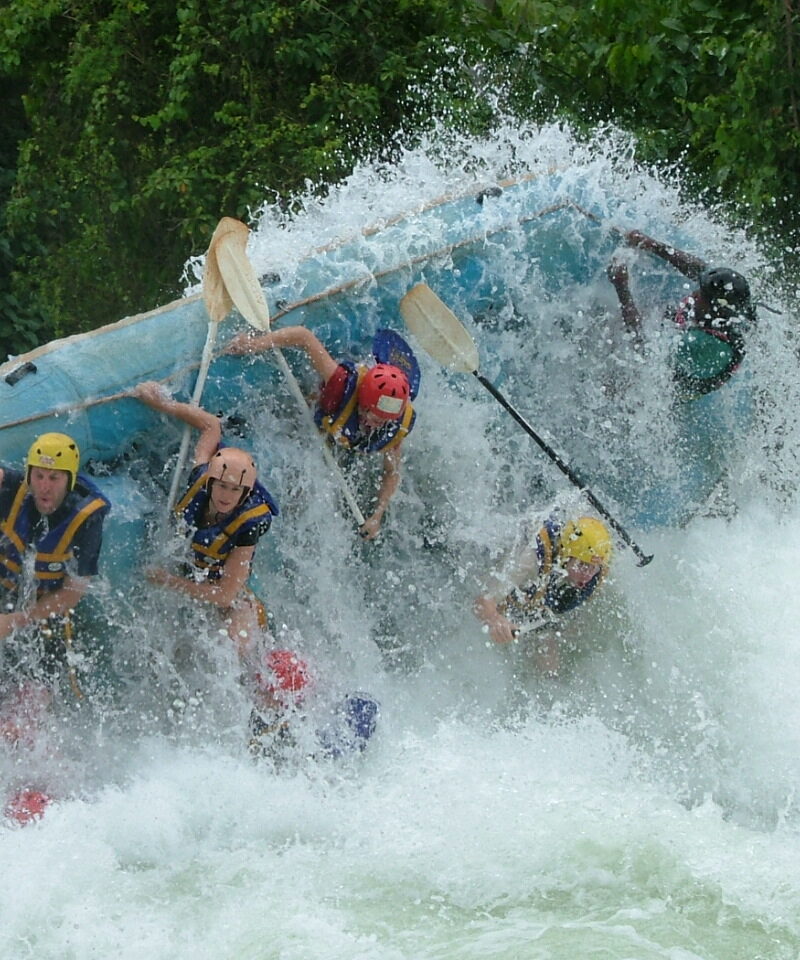
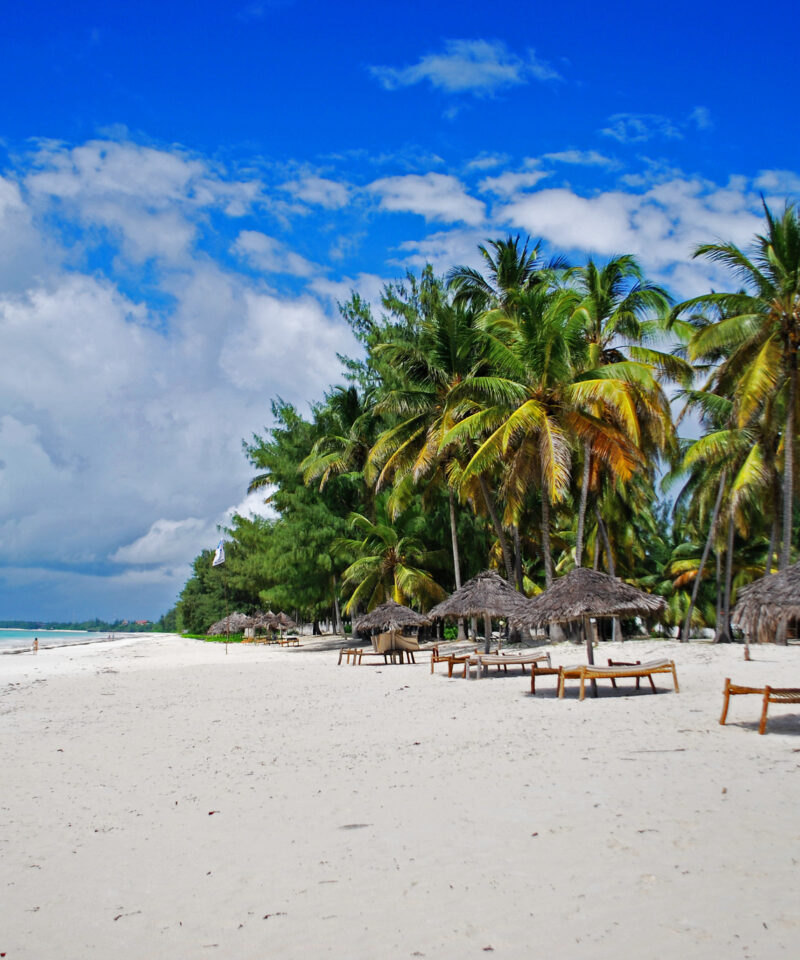
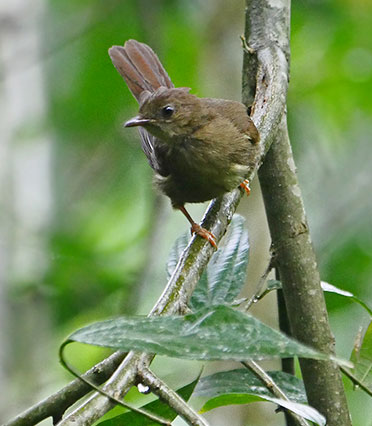
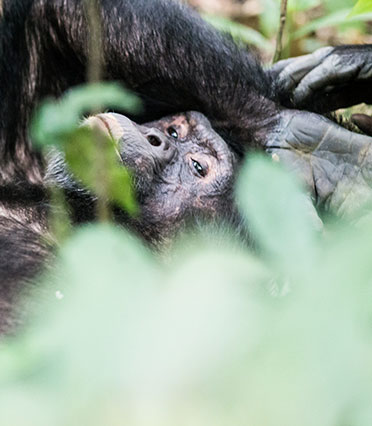
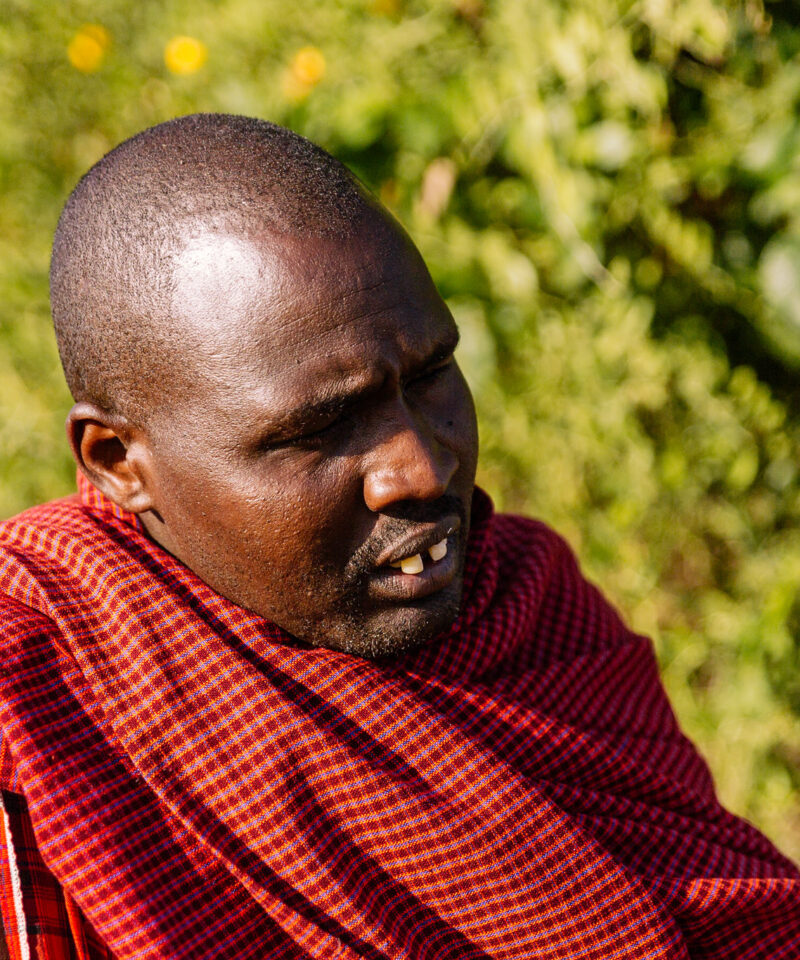
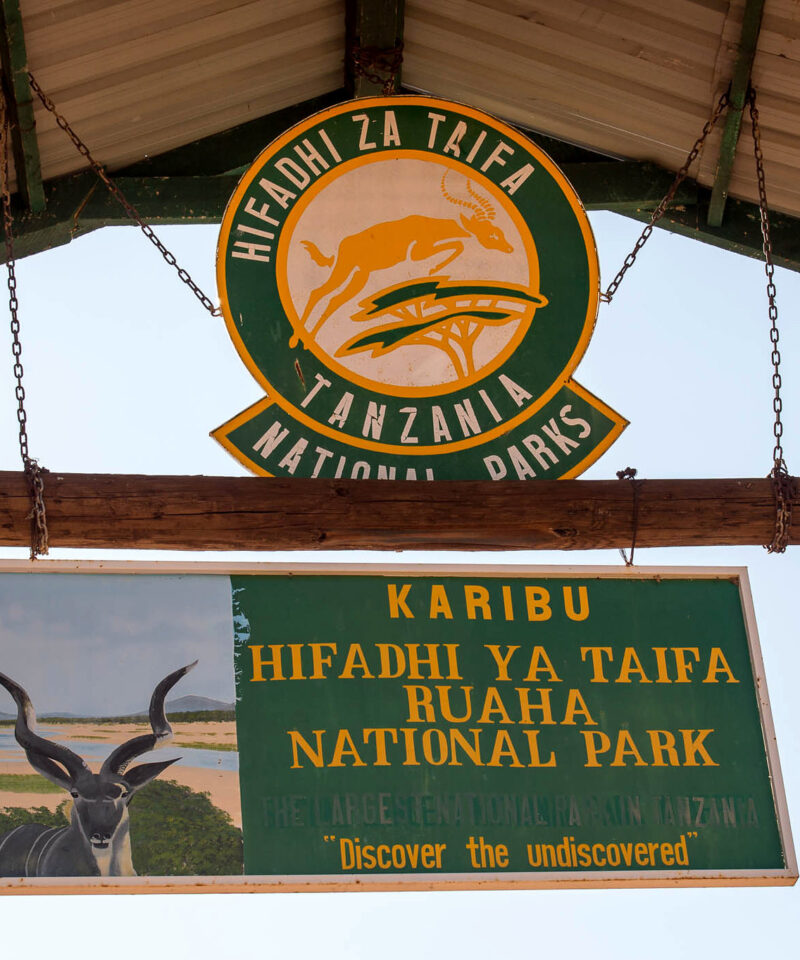
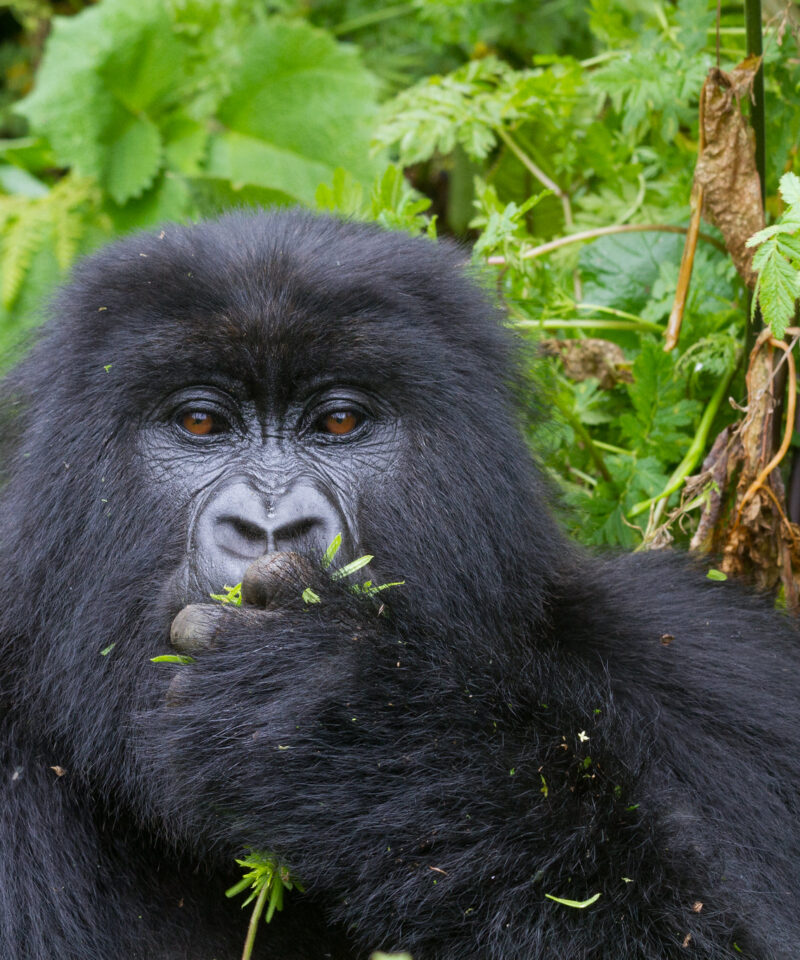
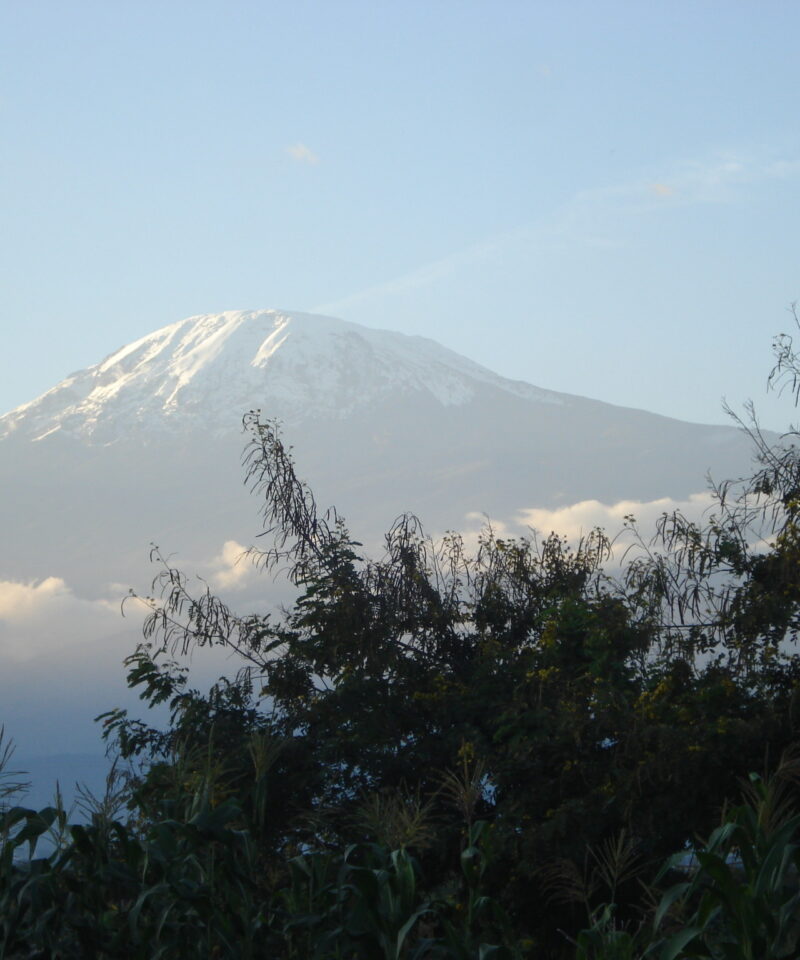
J3 Experience Adventures is your ultimate choice for a satiating Tanzania safari tour in the heart of Africa’s Wilderness.
“You can plan a Tanzania safari at any time of year, but the optimal time depends on your interests.” If watching the wildebeest migration is the major reason for your trip, make sure you plan ahead. The greatest time to watch the Serengeti migration is from June to September, but you’ll have to stay in different regions of the park at different periods of the migration, and this isn’t fully predictable because it all depends on the rain.
If you want to avoid the crowds, stay in the Serengeti away from the wildebeest migration. March and April are the wettest months, and any safari during these months may be jeopardized.
High season means when the numbers of visitors are high. It is also termed as Dry season. The season falls in the months of June to October.
Low season means when the numbers of visitors are less. The other name for low season, green season, and shoulder season. This season falls in the months of January to March and November to December.
Tanzania safari cost vary depending with different number of factors such as tourist activities, accommodations type, your number of days, seasonality, group size etc. however You should budget $500 per person every day as a starting point, but it’s impossible to put a particular value on a vacation because there are so many variables to consider. Camping safaris, for example, are typically less expensive than resort safaris. The Serengeti and a few other northern circuit parks, on the other hand, include large hotels that are significantly less expensive, Frequently Asked Questions About Tanzania Safaris.
The time of year has a significant influence as well. If you’re willing to travel during the rainy season, you’ll get a discount, but visiting during the peak of the wildebeest migration will cost you more.
This is one of the most frequently asked questions. Tanzania is generally safe, but this does not imply it is without perils. Touts are likely to be encountered in tourist destinations. Because petty theft can occur, it’s critical to keep your valuables safe. Avoiding walking alone in secluded regions and only using certified providers for transportation or excursions are two more precautions to take. Whenever feasible, keep your passport and cash or credit cards on you.
Tanzania is a popular African safari location, and most respectable African tour providers sell Tanzanian vacations. Most operators provide similar packages, with the main distinction being the quality of the guides and vehicles, Frequently Asked Questions About Tanzania Safaris.
If you have a certain interest, do some research and look for operators who specialize in that area; for example, some packages cater to walking safaris or fly camping (where the whole camp gets set up for you at a special private campsite).
On a Tanzania vacation, you may expect an once-in-a-lifetime safari adventure or perhaps the first of many. People who have been bitten by the safari bug tend to return time and time again to experience the African bush.
Tanzania is an excellent choice for first-time safari travelers, since the northern circuit’s animal watching and African scenery provide all you could want and more. Tanzania is also an excellent choice for repeat travelers, as your first trip will only scratch the surface of the available tours. Seasoned African safari enthusiasts may appreciate some of the more isolated parks, which feature a variety of creatures such as wild dogs in the south and chimps in the west.
The Great wildebeest Migration, which takes place in Tanzania and Kenya, is one of nature’s most spectacular occurrences, but how can you know where to go and when to see it? The world’s greatest wildlife display, the 1.5 million animal ungulate (wildebeest) migration, takes place in the Serengeti plains and the Masai Mara hills of Kenya. Over 1.4 million wildebeest and 200,000 zebra and gazelle migrate in a clockwise direction over 1,800 miles each year in search of rain-ripened pasture, constantly trailed by Africa’s big predators.
The migration moves from Kenya’s Maasai Mara down to Tanzania’s Serengeti’s eastern side into its sweet and fertile southern-grass plains once the “short rains” arrive in November and December. Between January and April, wildebeest and other ungulates congregate here. The ‘long’ rains arrive in April and May, and the migration begins to move north from the impoverished southern plains to the vast grass plains of the western corridor. As the migration returns to Kenya’s Maasai Mara, large river crossings on the Grumeti and Mara Rivers occur as the season dries out and fresh grazing and water can be found in the far north.
Tanzania offers young people mesmerizing sights and wildlife excursions, from postcard-perfect beaches and wide open skies to beautiful animals and breathtaking landscapes. Tanzania is a family-friendly safari location, but you’ll need to do some research before boarding the plane.
Children under the age of 12 are not permitted in several safari resorts and camps. Discuss the restrictions with your tour operator before booking a Tanzania safari tour; it might be a resort or camp that only accepts children over a particular age, or it could be some of the activities, such as walking safaris or game drives that have age restrictions. Families can participate in activities designed specifically for children at some camps. In terms of safety, taking your children on a safari is very safe; just make sure they always listen to the game park ranger.
Pack comfortable attire that will allow you to sit comfortably in safari vehicles and participate in other safari activities. Stick to neutral brown, beige, khaki, and white instead of bright colors (or camouflage patterns), Frequently Asked Questions About Tanzania Safaris.
Bring light-weight cotton clothing that can be layered for further warmth in the cooler months. To avoid mosquito bites, bring long-sleeved shirts and trousers to wear from dusk to dawn. Mornings and nights can be bitterly chilly in the winter, so bring a fleece, hat, and gloves.
Even though Swahili, a Bantu language, is Tanzania’s official language and is spoken by the majority of the population, it is not spoken by everyone. Because there are so many Bantu and Nilotic languages spoken in Tanzania, they may speak a variety of one of them. The second official language is English, which is spoken by a considerable proportion of Tanzanians as a legacy of colonial authority (formerly known as the Tanganyika territory).
Tanzania’s official currency is the Tanzanian Shilling, which is widely accepted throughout the country. However, US dollars are also commonly accepted in most tourist regions. Locals, on the other hand, rarely accept US dollar bills issued before 2009. Visitors should exchange money at approved dealers in Tanzania, but ATMs can also be used to obtain local currency. The majority of Tanzanian establishments accept MasterCard and Visa.
The majority of travelers to Tanzania need a visa to enter the country. However, there are a few exceptions to this rule. Visitors can either receive a visa on arrival or obtain a visa in advance of their trip from the Tanzania Consulate in their home country. Some travelers (from specific countries) may not need a visa to enter Tanzania. The complete list of visa-exempt nations can be seen on the Tanzania Immigration website.
You can also look up Referral Visa Cases on the same page, which contains a list of nations that can obtain a visa on arrival. There are several sorts of visas available, but travelers who wish to visit Tanzania for pleasure must obtain a Single Entry or Ordinary Visa. Also, make sure your passport is valid for at least six months.
Once you get to Tanzania, you won’t have to worry about transportation. Many safari packages include a vehicle and a driver guide who may take you on a safari around Tanzania. Your primary form of transportation will be the car included in the package/itinerary, as well as any charter or scheduled flights to take you to distant wildlife areas or off-shore islands like Zanzibar.
Tanzania tour offers a diverse selection of resorts and tented sites. Your Tanzania lodgings, on the other hand, are determined by the sort of safari you choose, such as luxury safaris, budget safaris, or Adventure Camping Safari, you will be provided your own tents, a safari cook to prepare your meals, food, and all camping equipment.
WhatsApp us